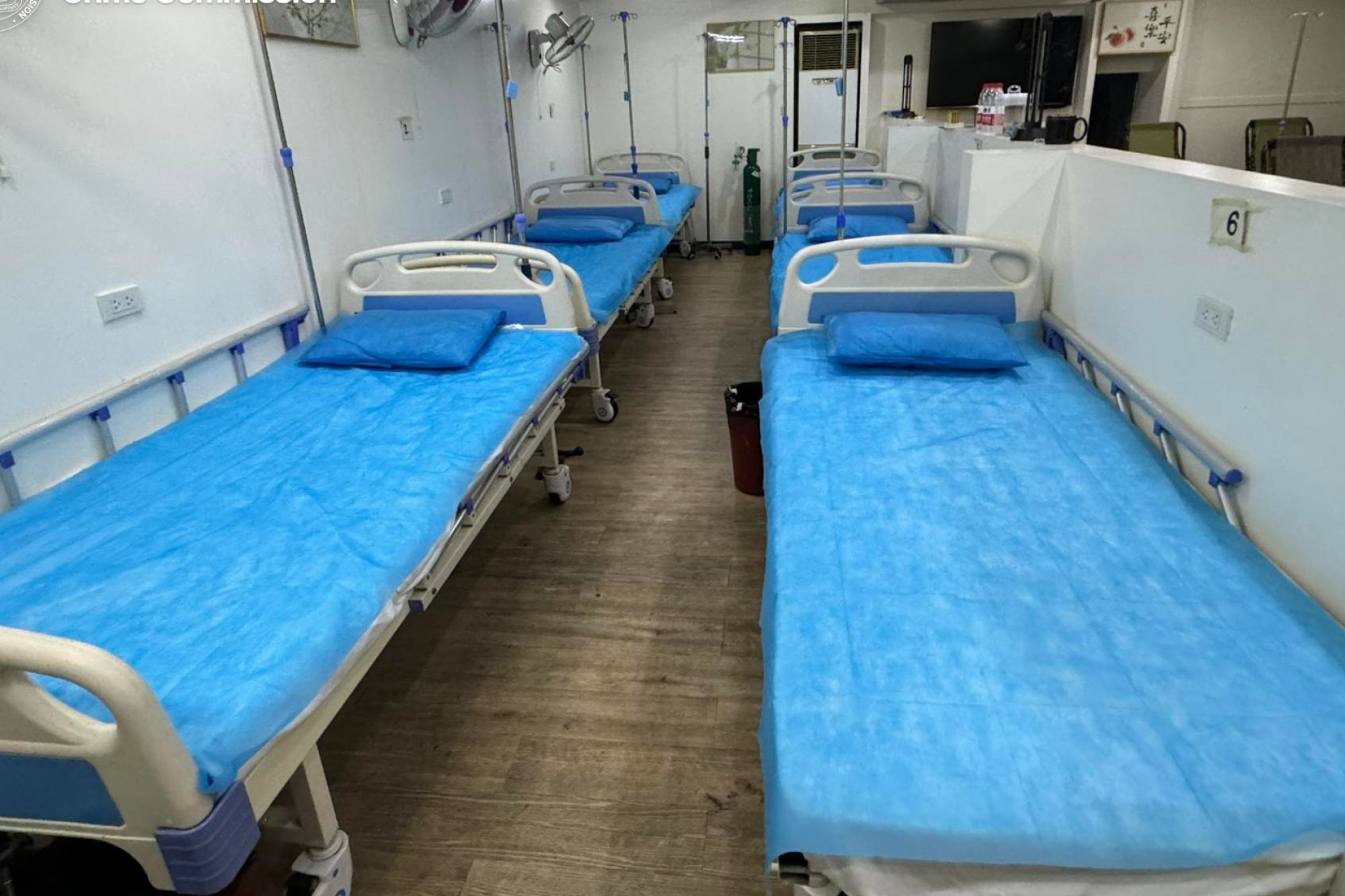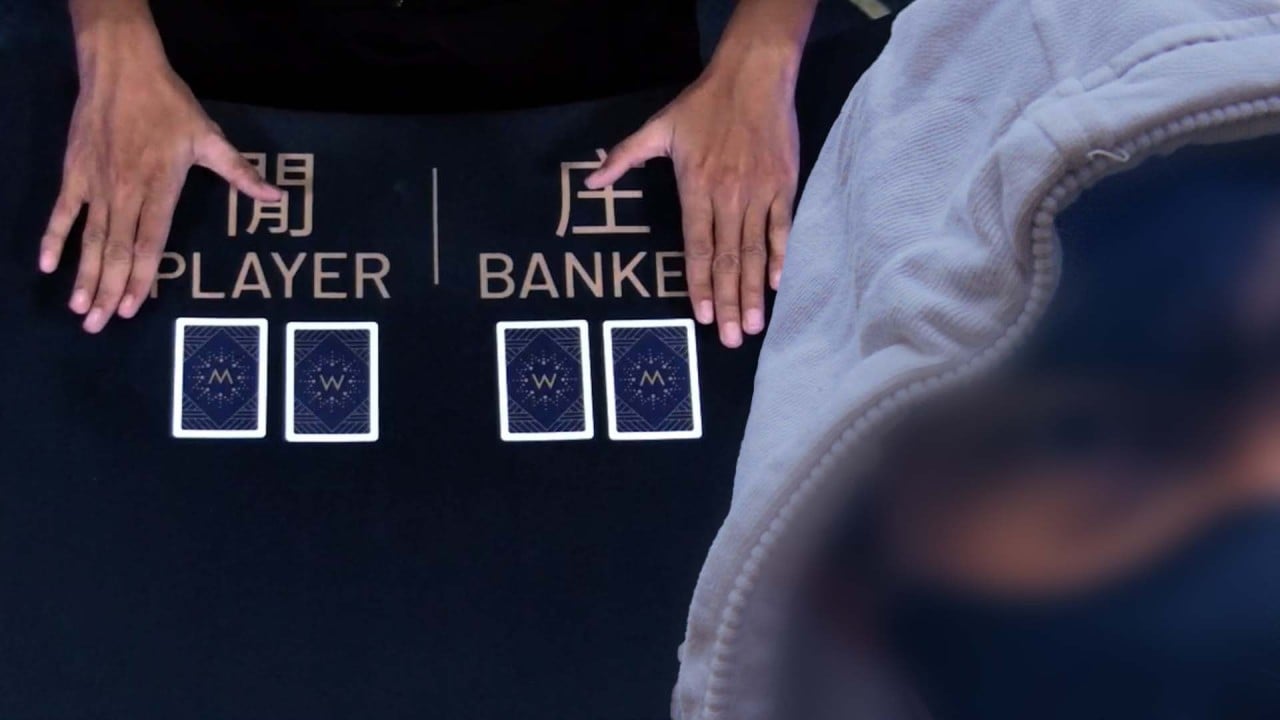Philippines uncovers illegal ‘Pogo hospitals’ offering fugitives extreme makeovers
The commission is now investigating how extensively these underground hospitals are assisting fugitives in assuming fake identities to evade justice.
“They had an operating table, and other aesthetic alteration procedures such as dental implants, hair restoration, facial rejuvenation, and so on,” he said. “If you bring all of these together, you can create an entirely new person out of those.”

Casio said the commission acted on a tip from an informant that an unlicensed hospital was operating on Pasay City’s Macapagal Boulevard as a stand-alone facility.
“We asked our intelligence officers to take a look, and they were able to physically confirm that it existed,” he said.
Acting on the intelligence gathered, the PAOCC enlisted the help of the Bureau of Immigration, which issued a mission order to investigate a Vietnamese national overseeing the clandestine facility’s operations.
“When we went there, we saw an actual operating hospital, a sort of general hospital … they had different types of activities there,” Casio said.
Authorities apprehended two Vietnamese doctors, one Chinese doctor, a Chinese pharmacist, and a Vietnamese nurse – none of whom were licensed to practice medicine in the Philippines as foreign professionals.
These Pogo hospitals … don’t care for the proper documentation … you could be a fugitive, or you could be an illegal alien in the Philippines
Casio said that this was just the first such illegal hospital the PAOCC had raided, with the commission aware of at least two more underground facilities in Metro Manila catering to the Pogo industry.
“We know for a fact that these Pogo hospitals have no licences and permits from the proper government regulatory agencies,” he said, adding that one facility they had targeted was “a very huge complex” but the operators managed to evade them by relocating.
The commission believes a “good number” of these illicit medical centres may be operating across the country, often in a clandestine manner to avoid detection. Casio stressed PAOCC’s concerns about how these unlicensed facilities could be assisting fugitives in dramatically altering their appearances to avoid arrest.

Lawmakers have been pushing to ban Pogos in recent months, citing the sector’s links to a string of criminal activities, including scams and human trafficking.
PAOCC’s Casio noted that the existence of these underground “Pogo hospitals” could be linked to previous reports of fugitives attempting to evade detection by undergoing cosmetic surgery. Just last year, immigration officials arrested a suspected Chinese mafia member who had done just that in a failed bid to avoid capture.
“That is why it’s very important to close all of these underground hospitals. If one particular hospital had aesthetic alteration procedures, it would be very dangerous to have them lying and operating around,” he said.
Casio noted that these “Pogo hospitals” cater specifically to workers in the offshore gaming industry, who may or may not have the proper documentation to legally live and work in the country.
“Because these Pogo hospitals … don’t care for the proper documentation any more, they don’t ask for the proper identification cards and all. So for all intents and purposes, you could be a fugitive, or you could be an illegal alien in the Philippines. No need for an ID, passport or whatever,” he said.
The PAOCC spokesman recommended a gradual phase-out of Pogos, rather than a total ban. According to Casio, only 42 offshore gaming operators currently hold valid licences, mostly concentrated in Metro Manila, while the government has already cancelled around 298 Pogo licences.
“We won’t stop until we get them because the implication in relation to other transnational crimes is immense,” Casio said.
